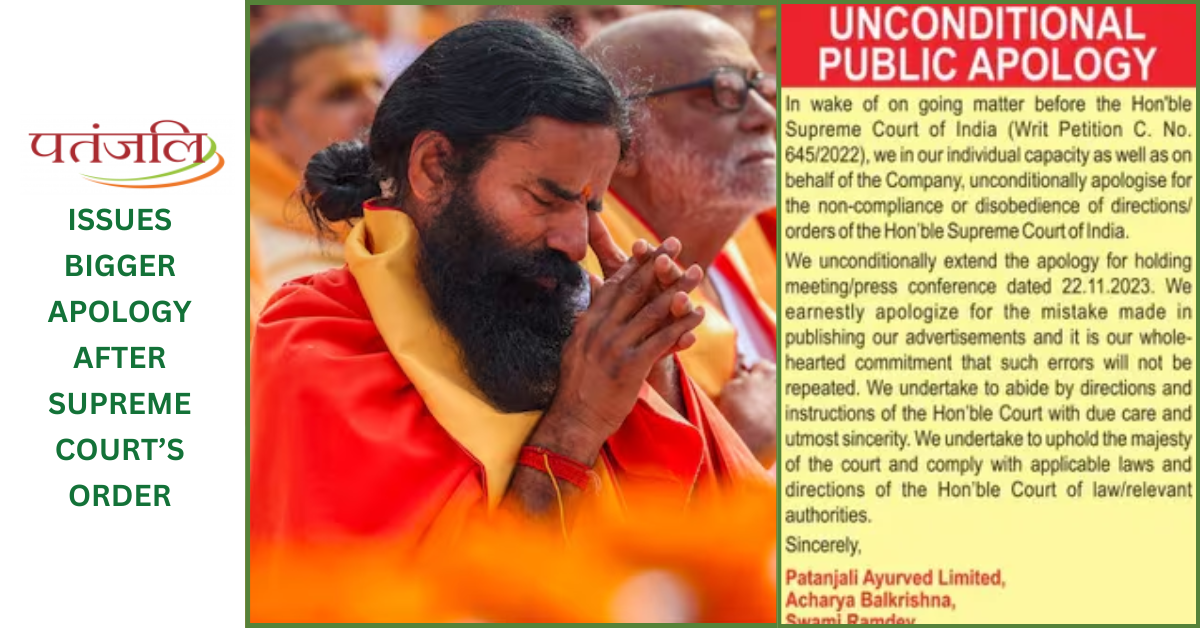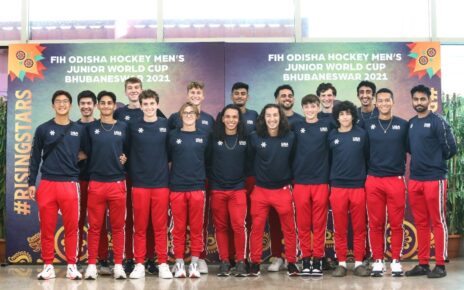Yoga guru Ramdev and his business partner Balkrishna, founders of Patanjali Ayurved, were forced to issue a new, more prominent public apology in the newspaper today. This comes after the Supreme Court questioned the size and visibility of their previous apology regarding misleading advertisements for their products.
The move follows the Supreme Court’s wider investigation into deceptive advertising practices by Fast-Moving Consumer Goods (FMCG) companies. The court expressed concern about the negative impact such ads have on public health, especially for vulnerable populations like children and the elderly.
Previously, Patanjali had tendered an “unconditional and unqualified apology” for advertisements boasting exaggerated medical benefits. However, the Supreme Court wasn’t satisfied. On Tuesday, they criticized the size of the apology published in newspapers, raising doubt about whether it was as prominent as Patanjali’s usual advertisements.
In response, Patanjali’s latest apology is printed in larger fonts and expresses regret for failing to comply with court orders. They vow to adhere to future directives and uphold legal standards. The Supreme Court has directed Patanjali to submit a copy of the original apology published for verification of its size. The court will revisit the matter on April 30th.
Also Read: Uttarakhand suspends Licenses of 14 Patanjali Products
After Patanjali’s case, the court broadened its investigation over the entire FMCG sector. The judges emphasized all FMCG companies, particularly those with potential health risks.
Justice Kohli and Amanullah stressed the importance of enforcing existing laws and regulations, including the Drugs and Magic Remedies Act, the Drug and Cosmetics Act, and the Consumer Protection Act.
The court has requested affidavits from the three Union ministries—Consumer Affairs, Information and Broadcasting, and Information Technology—detailing their actions to prevent the misuse of consumer protection laws.
This incident has coincided with recent quality issues found in popular spice brands MDH and Everest by Hong King and Singapore food authorities. In a recent report by Public Eye, the International Baby Food Action Network (IBFAN) accused Nestle of adding more sugar to baby food sold in developing countries compared to Europe.




